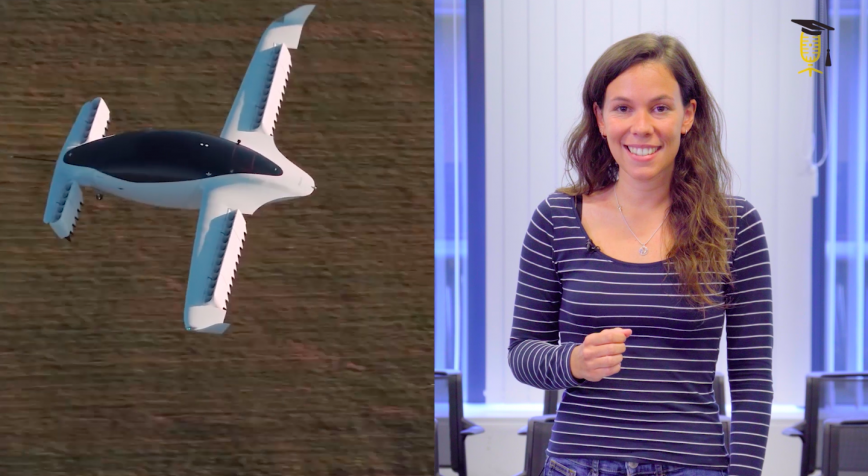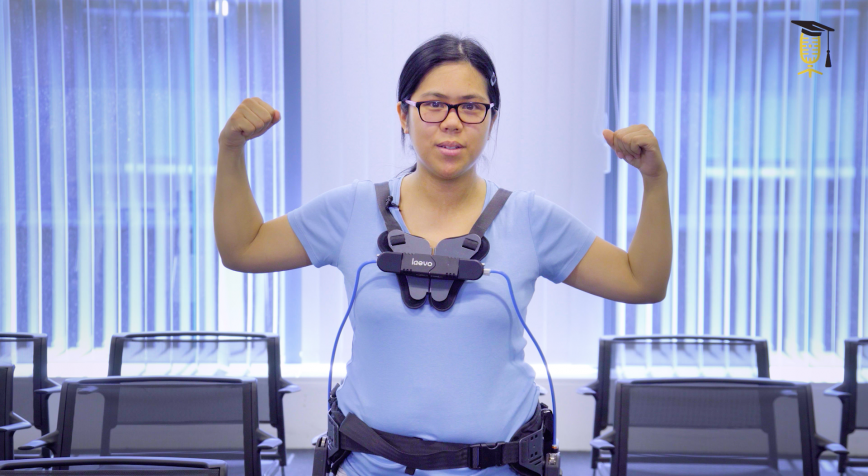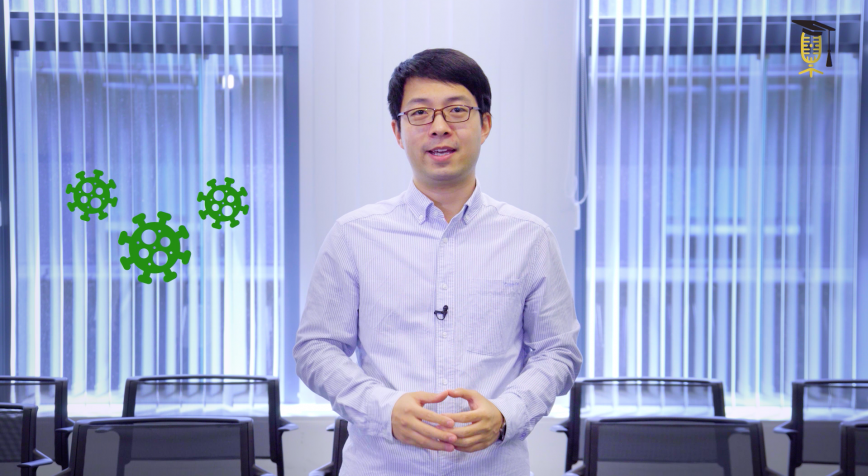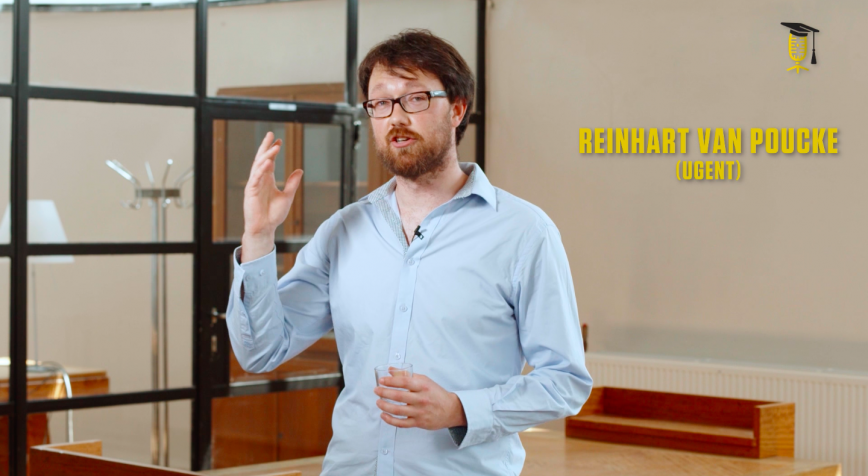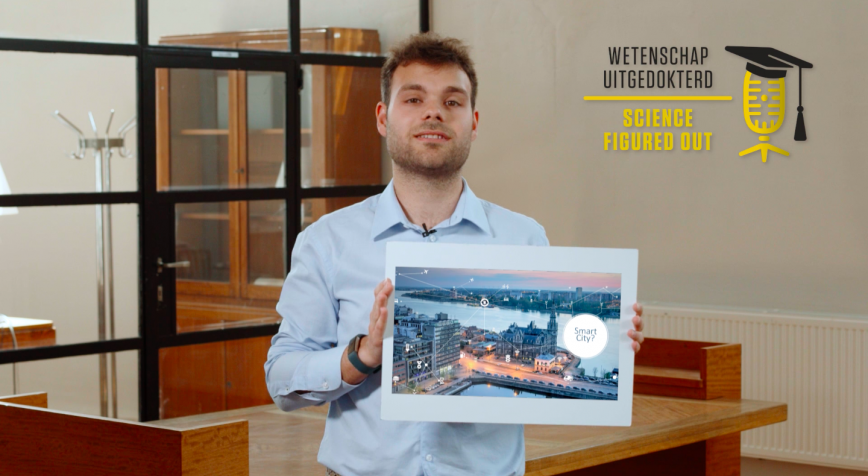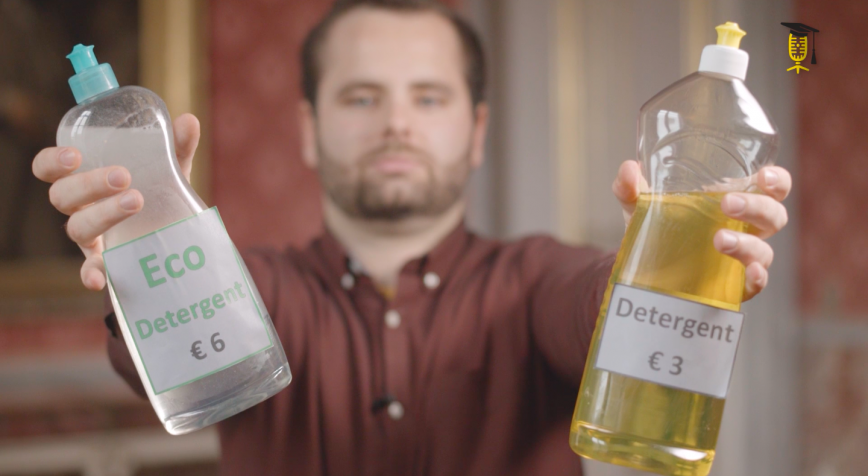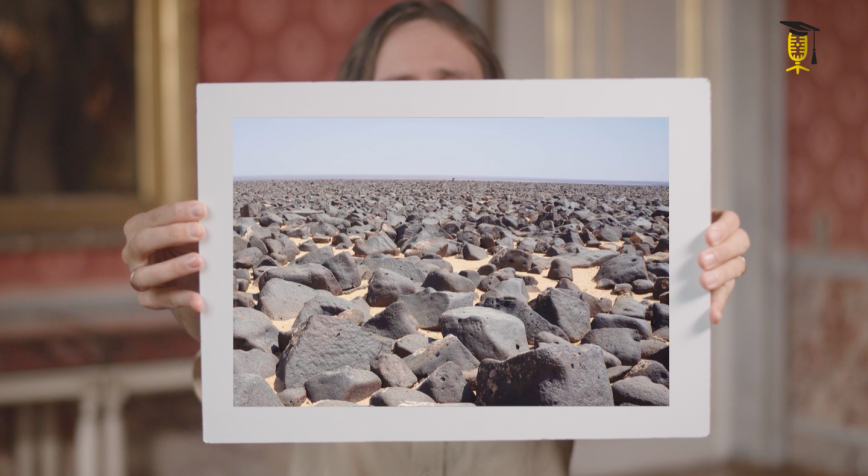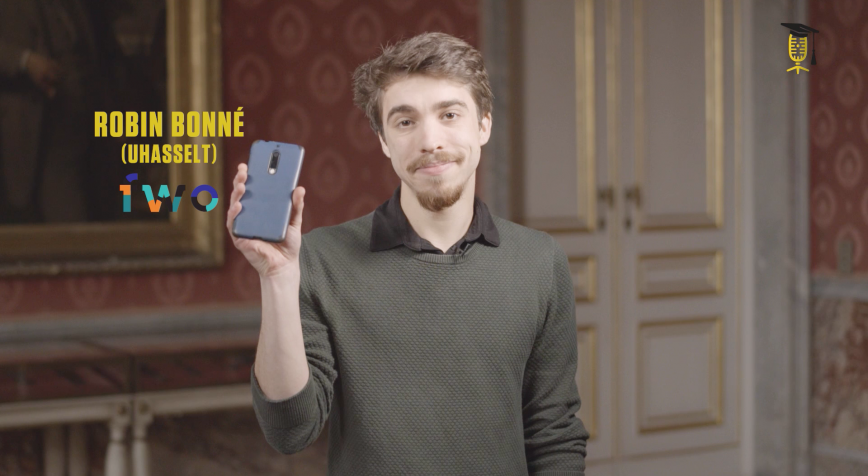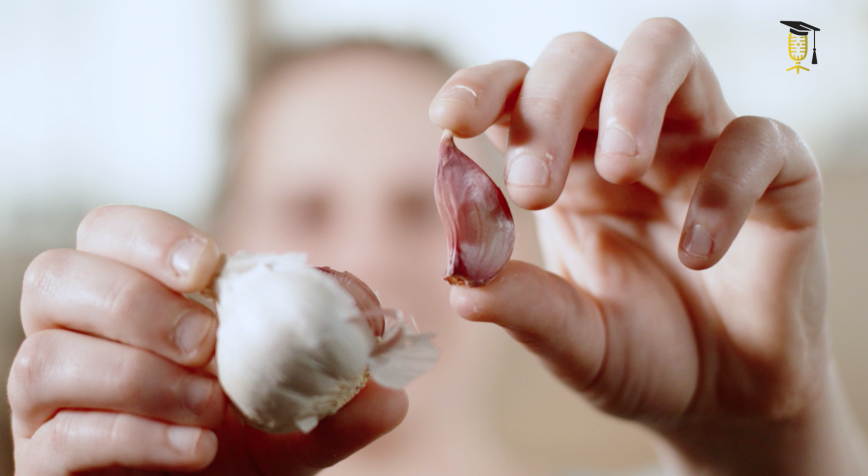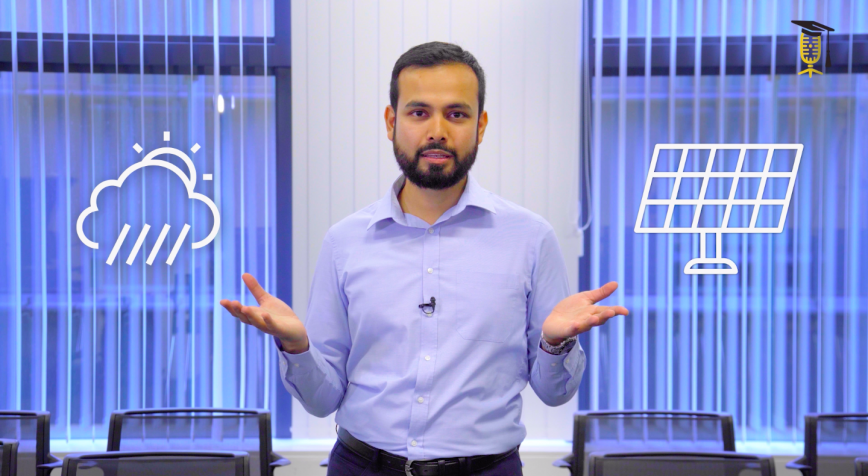
imec
KU Leuven
A crystal ball for solar power
Solar panels are very interesting to invest in, but which technology should you choose? How many panels should you install? And what is the return on investment? Gofran Chowdhury is developing a "crystal ball" to help you decide on the optimal solar technology for your home.
